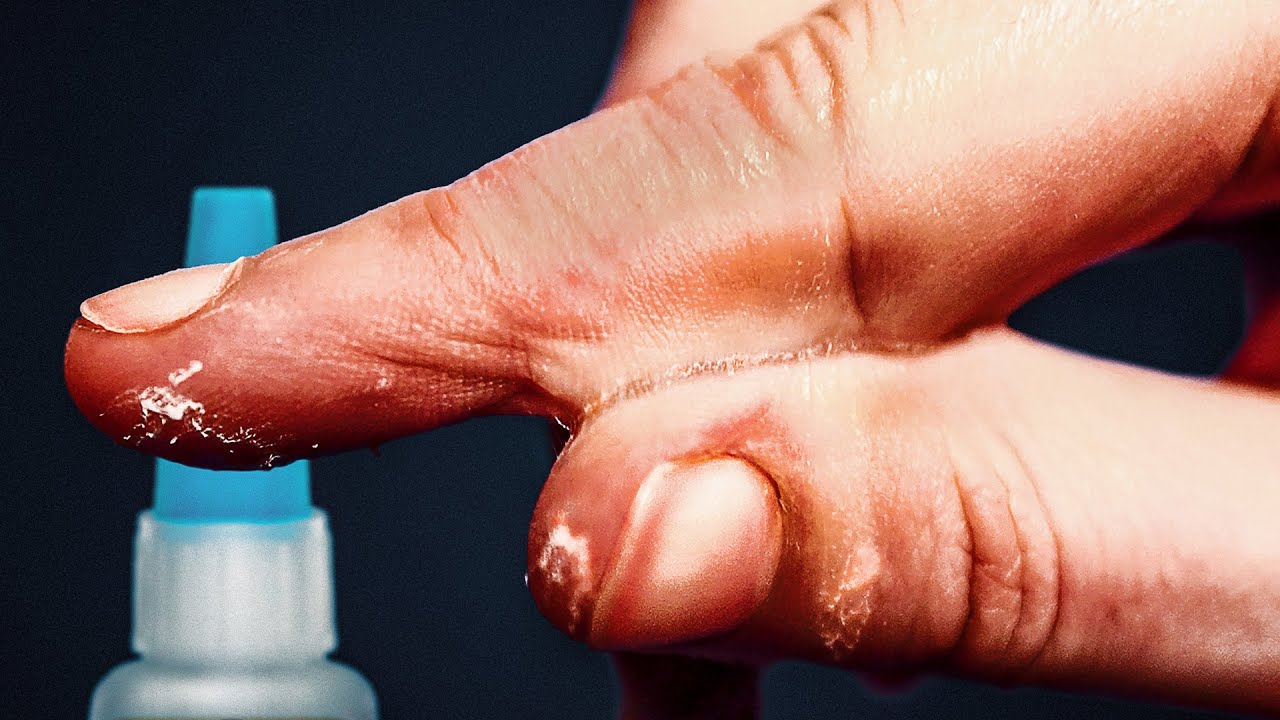Super glue, also known as cyanoacrylate, is renowned for its incredible bonding strength and versatility. In a recent video by Veritasium, the science behind this powerful adhesive is explored in detail. Here’s a summary of the key points discussed:
The Invention of Super Glue
Super glue was first discovered by accident in 1942 by chemist Harry Coover while working for the Eastman Kodak Company. Initially, it was deemed too sticky for its intended purpose of creating clear plastic for gun sights. However, its adhesive properties were later recognized, leading to the creation of Eastman 910 Adhesive.
How Super Glue Works
Super glue consists of monomer molecules of ethyl cyanoacrylate. When applied between two surfaces, it seeps into pores and crevices, forming long polymer chains that solidify and bond the surfaces together. The polymerization process is triggered by water, which is why super glue sets rapidly on most surfaces, including skin.
Removing Super Glue
One of the common issues with super glue is its tendency to stick to skin. This is due to the presence of moisture and pores on the skin, which make it an ideal surface for bonding. If super glue gets on your skin, acetone (found in nail polish remover) can be used to dissolve the glue.
Strength and Weaknesses
Super glue is incredibly strong, capable of lifting heavy weights with just a single drop. However, it is also brittle and can break under sudden impacts or when force is applied perpendicular to the polymer chains.
Medical Applications
Super glue has been used in medical settings to close wounds, thanks to its strong bonding properties and quick setting time. However, care must be taken to avoid accidental exposure to sensitive areas like the eyes.
Environmental Impact
Interestingly, super glue might also play a role in addressing plastic pollution. Researchers are exploring its potential in creating recyclable plastics, offering a glimpse into a more sustainable future.
Conclusion
Super glue’s unique properties make it a versatile and powerful adhesive, suitable for a wide range of applications. From household repairs to medical uses, its ability to bond quickly and strongly is unmatched.
Creators:
- Veritasium
– YouTube: Veritasium
– Website: Veritasium
– Social Media: Twitter, Instagram
Special thanks to:
- Dr. Allison Christy
– Research: Science.org
- Dr. John Bobo
- Emily Von Stein and Chris Masahiro at Aron Alpha
- Dr. Chantelle Champagne
- Dr. Rohit Gupta
Additional contributions and research by:
- Geeta Thakur
Directed by:
- Sulli Yost
Written by:
- Sulli Yost and Derek Muller
Edited by:
- Peter Nelson
Assistant Editor:
- James Stuart
Illustrated by:
- Jakub Misiek and Caine Esperanza
Animated by:
- Emma Wright, Andrew Neet, and Fabio Albertelli
Filmed and demos by:
- Sulli Yost, Derek Muller, and Wylie Overstreet
Produced by:
- Sulli Yost, Derek Muller, Rob Beasley Spence, and Tori Brittain
Thumbnail contributions by:
- Ren Hurley, Peter Sheppard, and Ben Powell
Additional video/photos supplied by:
- Getty Images, Storyblocks
Music from:
- Epidemic Sound and Jonny Hyman
For more information and references, visit Veritasium’s official website.


